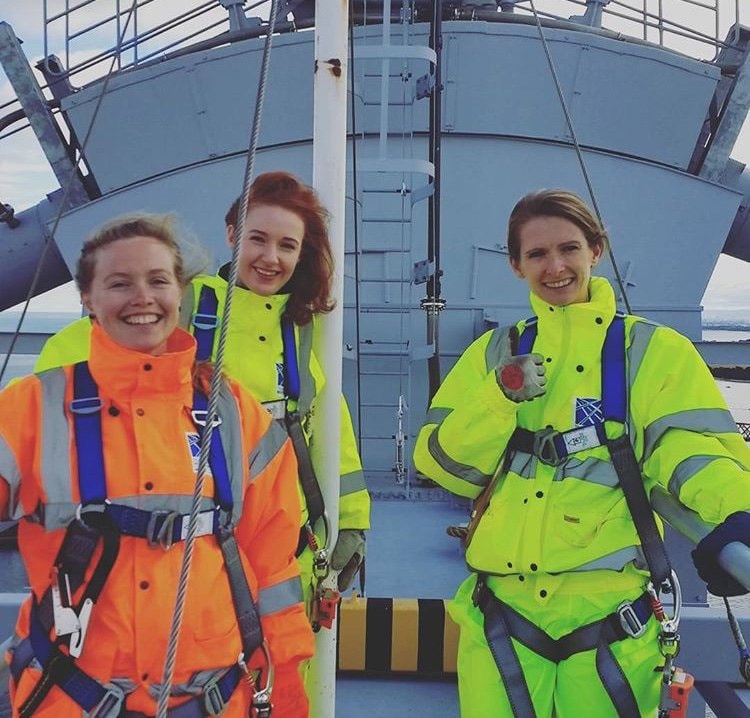24.06.19
Diversity, inclusion and marking 100 years of Women in Engineering
100 years of Women in Engineering, and transforming the future too
One hundred years on from the birth of the Women in Engineering Society (WES), members of the rail and wider engineering industry gathered today at the Science and Industry Museum in Manchester.
A lot has changed since those days of World War One, but today’s Women in Engineering event also points out that there is a long way to go if we’re to achieve equality and inclusion in the industry. Currently, 12.4% of all engineers are women in the UK, and whilst this is up from 9% in 2015, the UK has the lowest percentage of female engineering professionals in Europe.
Marking the centenary WES, International Women in Engineering Day has become a yearly feature in raising awareness around the opportunities and barriers facing women in engineering.
The Manchester event today featured speakers from HS2, the RSSB and more and whilst it celebrated the progress to date, the emphasis was on how each little change we can make can help truly improve things for the future.
There are no shortage of statistics supporting the need for a push towards greater inclusivity and equality in the industry, from the gender pay gap to the fact that girls and women make up less than 18% of higher apprentices in engineering.
Lorraine Chillingworth from KeolisAmey Metrolink captured the sentiment well in a panel discussion. She stated: “They say doing the same thing over and over again and again -well we need to think a little bit differently otherwise we’ll all go insane.”
At the North West Women in Engineering event, 65% of the audience said they found the industry intimidating, but a majority said they would consider a career in engineering if they were fresh out of a different industry.

One hot topic was the use of quotas to increase the number of women in rail. 68% agreed with the use of quotas, as did panel members from the RSSB and Morsons. Both said that whilst quotas were an effective method of driving change, it cannot be a long-term solution.
HS2’s head of skills, employment and education, Kate Myers, said that the high-speed rail project doesn’t use quotas, and instead uses data to drive forward greater inclusion. A clear transparent system and data collection allows HS2 to monitor and ensure contractors are considering a diverse range of applicants.
Improving diversity and inclusion amongst this demographic is especially important given that today's crop of primary school children could end up working on later stages of HS2.
Whilst the event did cover the entirety of engineering, the rail industry cropped up repeatedly with some great examples of innovation and drive for change, as well as a 16:84 female-male gender split. Metrolink's Chillingworth was full of praise for the industry, saying it has been so warm and welcoming she wish she'd joined earlier and has given her a new lease of life.
The advice from Elizabeth Conroy of EWR was to be brave, ask lots of questions, and go for it, just as she did when she was 19. But 18 years later, Conroy said the amount of change has been hugely noticeable, with far greater support available.
Photo credit - INWED